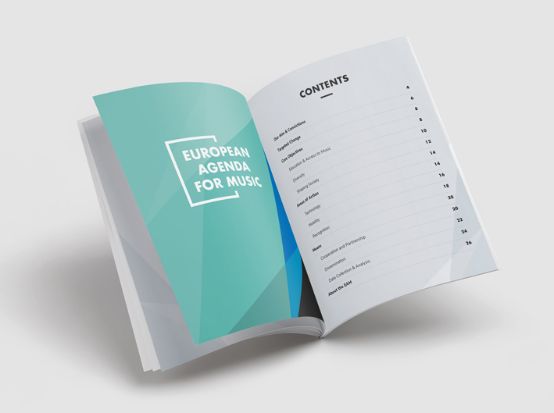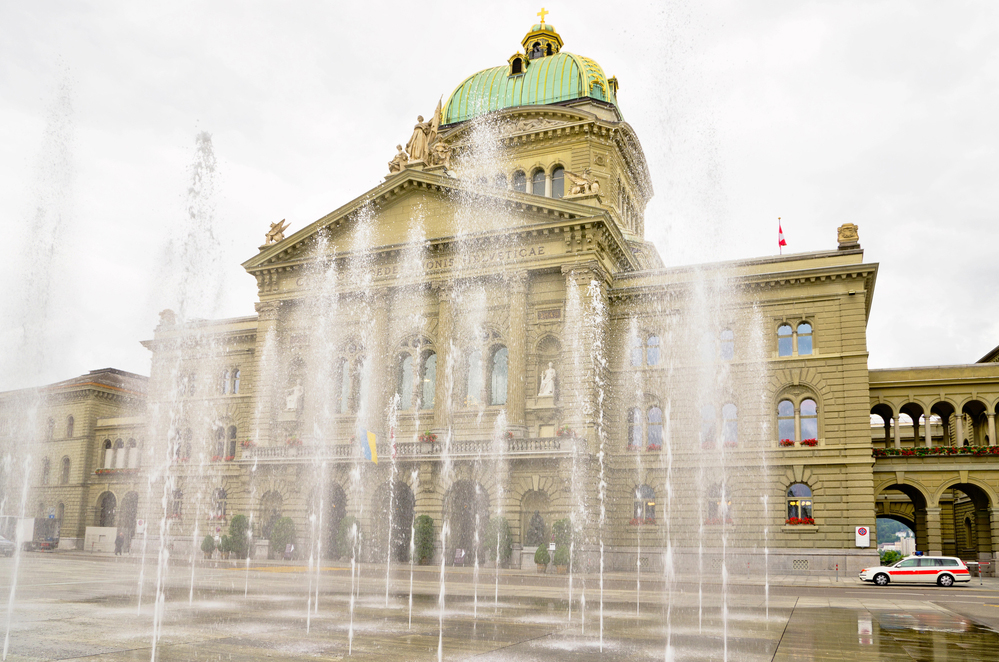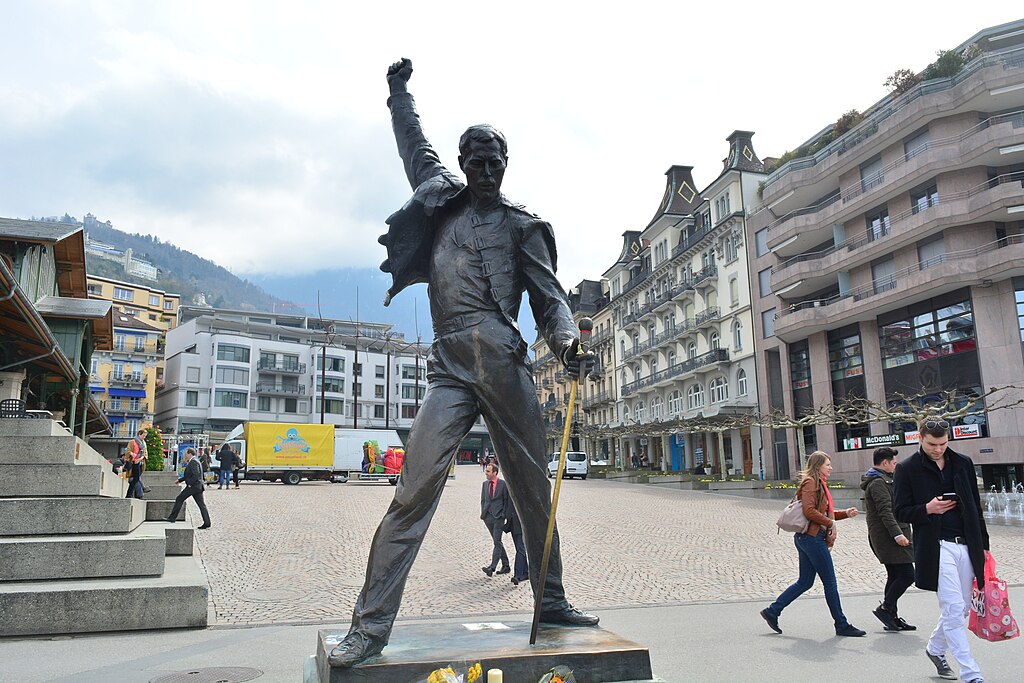A compass for the European music sector
On March 21, the launch of the "European Agenda for Music" (EAM) was celebrated in Brussels by over a hundred stakeholders from the music sector, the European Parliament and the European Commission.

The European Agenda for Music was developed as part of Europe-wide consultations aimed at the entire music sector. The multi-year process was coordinated by the European Music Council (EMC). A press release from the EMC and the official website explain what the recently published agenda is all about: "The European Agenda for Music (EAM) sets out the needs of the entire music sector and describes priorities for future developments. Music in all its manifestations is defined in the agenda as an enormously valuable asset for Europe, which is why the diverse voices of the music sector are to be channeled with the help of the EAM and brought into a dialogue with political decision-makers.
The EAM is based on five "music rights":
The right for all children and adults
1 to express themselves freely musically
2 Learn musical languages and musical skills
3 engage with music through participation, listening, creation and information
The right for all artists ("musical artists")
4 develop their art and communicate through all media with appropriate means at their disposal
5 receive just recognition and fair remuneration for their work
Since 2012, representatives from all over Europe have worked in seven working groups (creation, education, information/research, media, participation, presentation/live music and production) to crystallize the wording of the agenda from numerous basic documents. Helena Maffli, Beat Santschi and Daniel Kellerhals contributed from Switzerland due to their international commitments. The Swiss Music Council supports the EAM.
The European Agenda for Music, which is currently only available in English, can be consulted digitally at europeanagendaformusic.eu; it can also be downloaded there as a PDF. It is much more than a position paper, but should be seen as a guide for the music sector. The agenda can be adapted to local circumstances and developed further in a continuous process. Everyone is invited to participate. According to EMC, what is possible at European level should also be possible at national, regional or local level.
Weblink








